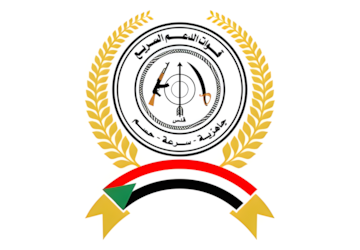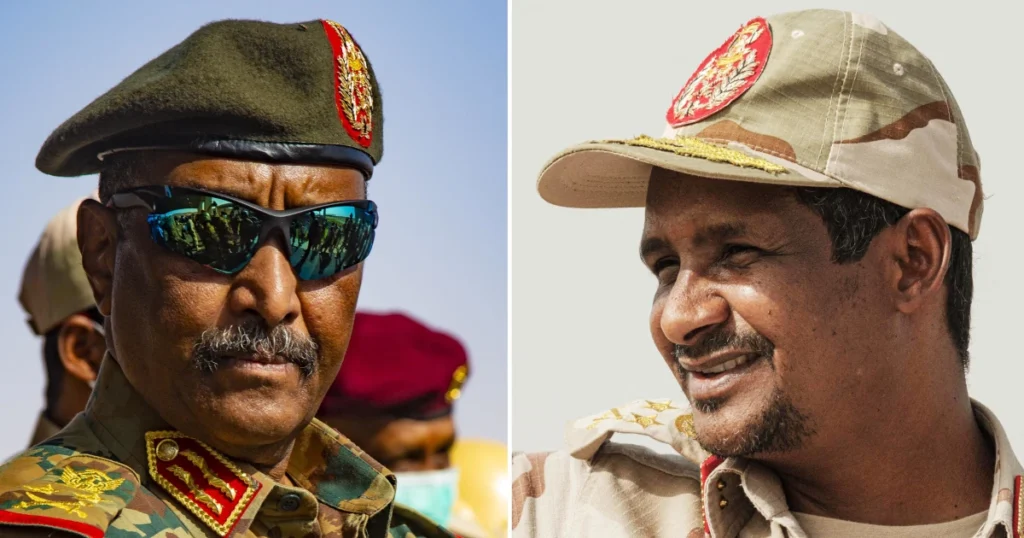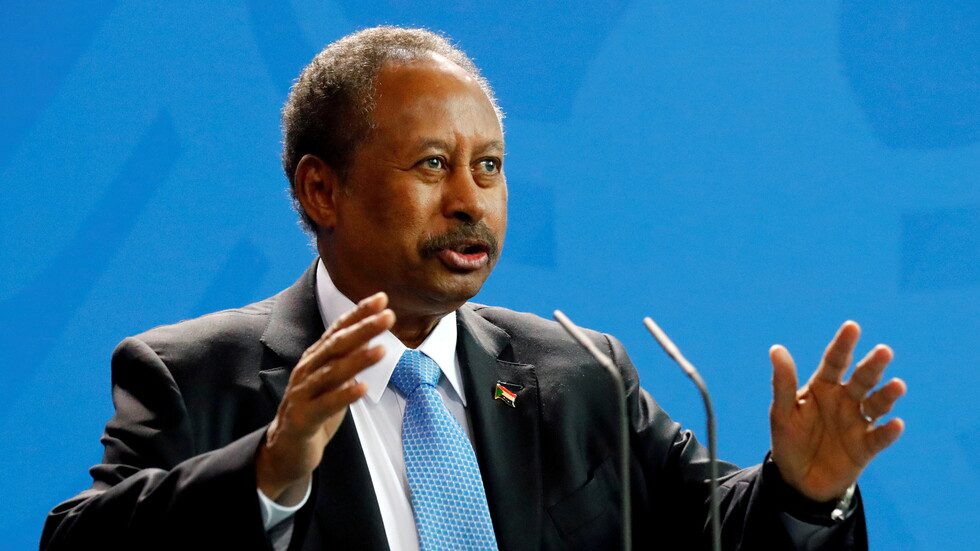
Sudan’s economy is staggering under the weight of war, with foreign reserves evaporating and remittances plunging by nearly 70 percent. The local currency is in freefall, with the dollar soaring to 3,700 pounds on the parallel market, a historic and destabilising milestone.
Banks, stripped of their foreign currency reserves, are struggling to bridge the gap with the central bank, where the official rate hit 2,600 pounds. Some lenders are selling dollars for as high as 2,700 pounds, underscoring the widening chasm between official and street values.
Observers say the pound’s rapid collapse reveals the state’s waning monetary grip, with few tools left to curb the descent.Banking expert Ayman Ahmed urged officials to create innovative financial instruments, such as international bonds backed by Sudan’s untapped gold, oil, and gas.
He warned that the current flexible exchange system has failed, with inflation raging and traditional policy levers paralysed by the conflict. Reports by the International Crisis Group caution that the war could push Sudan into complete economic ruin without international rescue efforts.
The Economist’s analysis paints a grim picture: GDP shrank by 18 percent in a year, while inflation surged beyond 400 percent. Supply chains have crumbled, and production in agriculture and industry has ground to a halt across much of the country.
An IMF report in September 2025 declared Sudan on the brink of “comprehensive monetary collapse,” with the pound losing its role as currency. More than 80 percent of transactions now occur in dollars or barter, reflecting a devastating loss of faith in the national economy.




